The Overview of Gastric Sleeve Procedure in Iran
Gastric sleeve or sleeve gastrectomy, a commonly performed weight loss surgery, offers patients a chance at significant weight loss and improved health outcomes. The procedure, whether conducted in Iran or internationally, follows a well-defined process aimed at ensuring patient safety and successful outcomes.
Sleeve gastrectomy can be performed through traditional open abdominal incisions or laparoscopically, with the latter being the preferred method in Iran. Laparoscopic surgery offers numerous advantages, including smaller incisions, reduced pain, faster recovery, and lower risk of complications compared to open surgery.
During the procedure, which typically lasts between 2 to 3 hours, patients are under general anesthesia to ensure comfort and safety. The surgeon removes a portion of the stomach to create a narrow sleeve, promoting weight loss by restricting food intake. Following surgery, patients typically spend 2 to 3 days in the hospital for monitoring and postoperative care.
Recovery from sleeve gastrectomy varies from person to person but generally involves a return to work within 4 to 6 weeks, depending on individual health and job requirements. Both Iranian and international patients receive similar care protocols at medical centers, ensuring consistent standards of treatment and support.
For international patients seeking sleeve surgery in Iran, additional steps are involved, including pre-travel medical consultations, admission arrangement, and logistical support such as hotel bookings. At Ermateb, we specialize in facilitating the entire process for health tourists, offering comprehensive services tailored to meet the needs of international patients.
Sleeve gastrectomy, though considered a major surgical procedure, offers promising outcomes for individuals struggling with obesity. With proper medical guidance and support, patients can navigate the surgical process with confidence, knowing they have access to top-quality care and assistance every step of the way.
Why Iran Is the Best Place to Undergo Gastric Sleeve Surgery?
Gastric sleeve surgery in Iran is increasingly sought after by individuals worldwide due to its affordability and exceptional quality of medical care. With modern lifestyle changes contributing to obesity, many turn to this procedure for weight loss. Iranian surgical centers adhere to European standards, offering top-notch facilities accredited by the Ministry of Health and Medical Education.
Renowned Iranian plastic surgeons, often members of prestigious international societies, specialize in gastric sleeve surgery, ensuring expertise and comprehensive patient care. They utilize advanced techniques, such as laparoscopy, ensuring precision and shorter recovery times. The diverse landscapes and rich cultural heritage of cities like Tehran, Shiraz, and Isfahan offer an attractive backdrop for medical treatment and vacationing, allowing patients to combine healthcare with leisure.
Also, Reasonable pricing, advanced treatment options, and the opportunity for a bundled treatment and vacation experience make Iran an appealing choice for gastric sleeve surgery. Patients benefit from multidisciplinary care, personalized treatment plans, and access to cutting-edge facilities, ensuring optimal outcomes and a memorable experience in this beautiful country.
The Cost of Gastric Sleeve in Iran
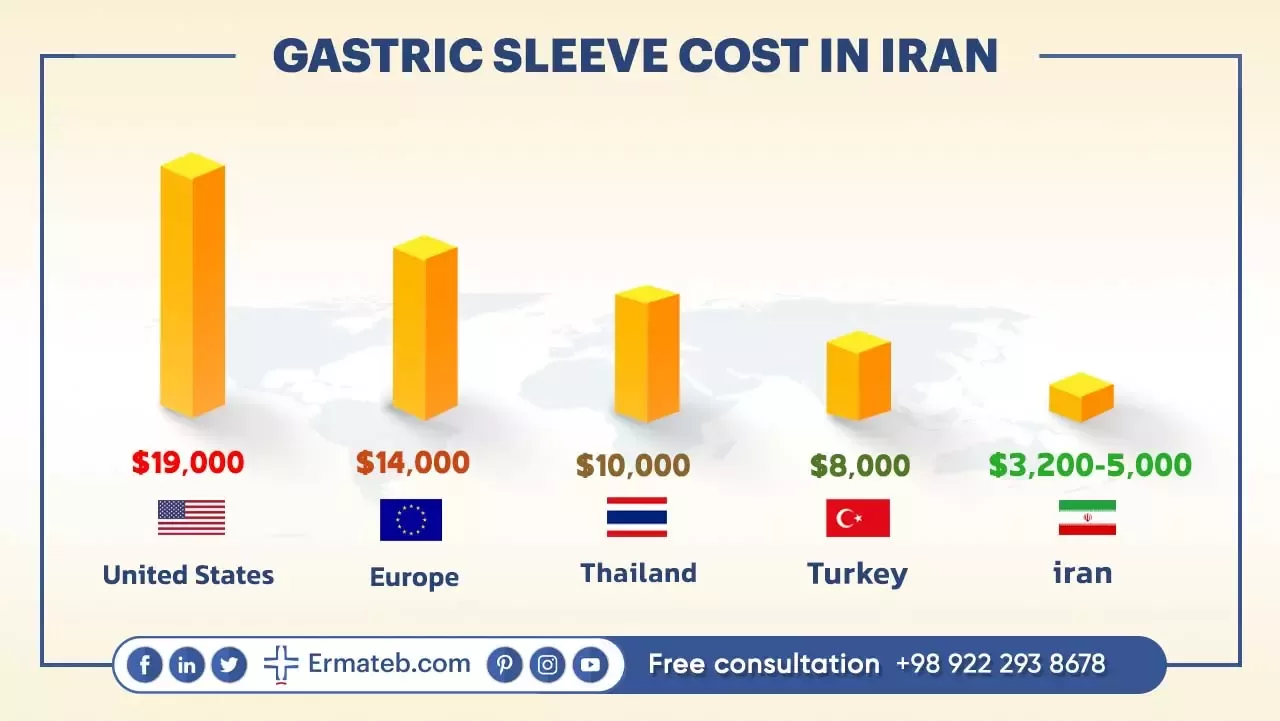
The cost of a gastric sleeve in Iran depends mostly on the surgery's complexity, the surgeon's reputation, the hospital's facilities, etc. for instance, Private clinics often charge more than hospitals. This is because of the modern equipment of these clinics. In addition, famous and skilled surgeons are paid higher than less reputable surgeons. In this country, gastric sleeve operation usually costs between $3,200 to $5,000. The price of this surgery in the United States is $19,000, $8,000 in Turkey, $14,000 in Europe, and $10,000 in Thailand. Therefore, Cosmetic operations prices in Iran are more reasonable and much lower than in other countries.
The most important thing about this country is that it provides not only the best surgeries in top hospitals, but also other qualified services such as travel, food, lodging, and hotel at affordable and low cost compared to other countries. By having this surgery, you can fulfill two needs at once.
To arrange your gastric sleeve in Iran with Ermateb, you can contact us via an online form on the website or via WhatsApp. After that, a personal coordinator guides you through the next process of your medical operation. Our consultant may ask for your medical information and records may be required, and now you can plan your trip to this country.
Alongside your treatment, you can enjoy your travel by visiting the cultural and historical attractions of this country. We will be with you throughout your treatment and offer you the best high-quality services.
Who Are the Candidates for Gastric Sleeve in Iran?

This type of operation is recommended for patients who have not succeeded in getting a diet or losing weight by exercising. Also, the best Iranian surgeon considers certain criteria before performing this operation. If you have these criteria, you are a good candidate for having gastric sleeve in Iran:
1.Morbid obesity, BMI above 35 or 40
2.Obesity with a BMI of 32 to 37 if you have hard comorbidities such as diabetes, high blood pressure, and sleep apnea.
If you want to have a gastric sleeve in Iran, you can consult with our medical consultants and discuss your total health condition. We will choose the best type of weight loss operation for you on your medical records.
What Diseases Are Treated with Gastric Sleeve in Iran?

Gastric sleeve surgery in Iran offers a comprehensive approach to addressing obesity-related health conditions while enhancing physical appearance through weight loss. This surgical procedure not only aids in shedding excess weight but also serves as an effective treatment for various diseases and health concerns. Conditions such as high blood pressure, sleep apnea, cancer, stroke, heart disease, high cholesterol, type 2 diabetes, and sterility can be improved or prevented with sleeve gastrectomy. Extensive research underscores the surgery’s positive impact on numerous obesity-related ailments, including type 2 diabetes, high blood pressure, fatty liver disease, high cholesterol, sleep apnea, and even reducing cancer risks. Additionally, gastric sleeve surgery has been linked to improvements in conditions such as polycystic ovary syndrome (PCOS), asthma, migraines, joint pain, depression, infertility, low testosterone levels, urinary incontinence, and gout. This comprehensive approach highlights the transformative potential of gastric sleeve surgery in addressing both weight loss and associated health concerns, leading to improved overall well-being and quality of life for patients.
How to Get Prepared for Gastric Sleeve Surgery in Iran?
Before undergoing gastric sleeve surgery in Iran, thorough pre-operative considerations and preparations are crucial to ensure a smooth and successful procedure. Here’s what you should keep in mind:
During your consultation with a board-certified plastic surgeon specializing in gastric sleeve procedures, it’s essential to discuss your goals, expectations, and medical history comprehensively. Be sure to mention any drug allergies and provide details about your current medications, including vitamins or herbal supplements.
Your surgeon will conduct a series of evaluations and assessments, including reviewing your medical history, inquiring about previous surgeries, and assessing your overall health. This includes ensuring that any existing medical conditions such as diabetes, high blood pressure, or heart and lung issues are well-managed.
Various pre-operative steps will be taken, including thorough physical examinations, lab tests such as blood tests, and nutritional counseling. Photos may also be taken for your medical records.
Before the surgery, your surgeon may advise you to stipe smoking, as tobacco can hinder both the recovery and healing processes. Additionally, certain medications like aspirin, anti-inflammatory drugs, and herbal supplements may need to be temporarily discontinued to minimize the risk of bleeding and bruising.
Discussion of available options, recommendation of a treatment plan, and outlining potential outcomes and complications are important aspects of the pre-operative process.
Leading up to the surgery, there are several important steps you should take to prepare yourself:
- Make a lifelong commitment to significant dietary and lifestyle changes to support your weight loss journey.
- Discuss any medications you’re taking or plan to use during recovery with your surgeon to ensure compatibility with your treatment plan.
- Consider trying to lose %5-%10 of your excess body weight before surgery, as this may contribute to a shorter hospital stay and faster postoperative weight loss.
- Start adopting healthier habits in the weeks leading up to the operation to acclimate to new routines and lifestyle changes.
- Practice new eating habits such as chewing food thoroughly, eating slowly, and pausing between bites to adjust to post-surgery dietary guidelines.
- Adhere strictly to fasting guidelines before surgery, abstaining from eating or drinking as directed by your surgeon.
- It’s advisable to take a shower the night before surgery, as personal hygiene may be challenging immediately following the procedure.
By following these pre-operative considerations and steps, you can optimize your readiness for gastric sleeve surgery and set the stage for a successful recovery and long-term weight loss journey.
Step-by-Step Guide to Gastric Sleeve Surgery
Gastric sleeve surgery, is a procedure designed to reduce the size of the stomach, leading to significant weight loss. The process typically involves the following steps:
1. Anesthesia and Incisions:
Patients are placed under general anesthesia to ensure comfort and safety throughout the procedure. Five small incisions, each about 5 mm in size, are made on the abdomen to allow the insertion of laparoscopic tools.
2. Stomach Examination:
The surgeon carefully examined the stomach and separates the surrounding blood vessels to ensure precision during the operation. Neves and the outlet valve to the stomach are left intact, preserving natural bodily functions.
3. Tubing and Sizing:
A tube is inserted through the esophagus into the stomach to serve as a guide for estimating the stomach’s new size. This calibration tube helps ensure consistency and accuracy in reducing the stomach’s dimensions.
4. Horizontal Division:
Using a surgical stapler, the surgeon horizontally divides the stomach, removing the greater curvature and transforming the stomach into a narrow tube resembling a banana. The section of the stomach that has been cut is then safely removed from the body.
5. Capacity Reduction:
The newly formed stomach has a capacity of less than 100 ml, significantly reducing the amount of food intake. Despite the reduction in size, the lower part of the stomach and the pylorus, a valve controlling stomach discharge, remain intact, allowing food to remain in the stomach and induce a feeling of fullness even with small portions.
6. Completion:
Once the procedure is complete, the incisions are closed, and the patient in moved to a recovery area for monitoring. The final result is a sleek, streamlined stomach shape conducive to weight loss and improved health outcomes.
Gastric sleeve surgery offers a minimally invasive approach to weight loss, with precise techniques and careful attention to detail ensuring optimal results for patients seeking a path to a healthier lifestyle.
Recovery and Postoperative Care After Gastric Sleeve in Iran
Preparing for recovery is essential in ensuring a smooth transition after gastric sleeve surgery. Recovery after gastric sleeve surgery in Iran typically spans three to six weeks, with longer recovery periods associated with open surgery. Patients may experience pain for three to six days post-surgery, which can be managed with painkillers. Early mobilization, starting with walking three to four hours after surgery, is encouraged to promote healing. Return to work timing caries based on individual recovery progress and job requirements.
Here’s what you need to know about the postoperative period:
Hospitalization and Immediate Recovery
Gastric sleeve surgery is typically performed laparoscopically, resulting in shorter recovery times compared to open surgeries. Hospitalization usually lasts for one to two nights, depending on individual recovery progress. During this time, carbon-free fluids are introduced within the first week post-surgery, followed by a pureed diet for three weeks before transitioning to regular foods after approximately four weeks.
Postoperative Care Tips
- After surgery, it’s essential to follow specific guidelines to support healing and ensure a successful recovery:
- Gradually progress from liquid to solid foods, following your surgeon’s recommendations.
- Avoid heavy lifting and refrain from sitting in hot tubs for up to three weeks post-surgery.
- Stay hydrated by consuming water and fluids without pulp throughout the day.
- Light exercise, such as hiking, can aid in recovery but should be approached with caution.
- Be prepared for gastrointestinal issues such as constipation, which is common in the initial postoperative period.
- Continue taking stomach acid-reducing medications as prescribed by your doctor.
Nutritional Supplements and Dietary Changes
After gastric sleeve surgery, the body’s ability to absorb essential vitamins and nutrients may be compromised, necessitating the use of supplements. Deficiencies in vitamins such as B12, D, iron, folate, and zinc can occur without proper supplementation. It’s crucial to adhere to a prescribed regimen of multivitamins and nutritional supplements to prevent deficiencies and support overall health.
By following these guidelines and working closely with your healthcare team, you can navigate the recovery process effectively and achieve long-term success following gastric sleeve surgery.
Possible Side Effects of Gastric Sleeve Surgery
Gastric sleeve surgery, while generally considered safe with low-risk complications, still presents potential risks and side effects that patients should be aware of. At Ermateb, we prioritize patient safety and take meticulous measures to minimize complications associated with this procedure.
Here’s a breakdown of key considerations:
Complications Overview:
- Leakage from Staple Line: Although rare, it’s a serious concern, but our center implements stringent protocols to minimize this risk effectively.
- Reflux or Heartburn: Common postoperative issues that can often be managed through lifestyle adjustments and medication.
- Vitamin Deficiency: Easily addressed with supplements prescribed by our medical team.
- Weight Regain: Possible after 1 to 2 years but manageable, with most patients maintaining their weight loss over time.
Additional Risks:
- Postoperative Bleeding: Rare occurrence but closely monitored for prompt treatment.
- Clot Formation: Extremely rare but closely monitored to prevent complications.
- Gastric Sleeve Stenosis: Characterized by stomach narrowing, it’s also a rare occurrence.
- Hypoglycemia: Low blood sugar levels may occur post-surgery due to rapid weight loss and changes in insulin sensitivity. Monitoring and Management are crucial.
- Bowel Obstruction: Reshaping the stomach can lead to bowel obstruction, causing abdominal pain, nausea, and vomiting. Timely medical attention is essential.
- GERD (Gastroesophageal Reflux Disease): Some patients may experience worsened or new onset of GERD symptoms post-surgery, requiring lifestyle changed and medication.
- Malnutrition: Reduced food intake and altered nutrient absorption can result in malnutrition, leading to weakness and fatigue. Adherence to dietary guidelines and supplements in vital.
- Vomiting: Post-surgery vomiting can cause dehydration and stomach irritation. Following dietary recommendations and avoiding triggers is important for recovery.
Understanding the risks associated with abdominal surgeries and weight loss procedures is essential for patients considering gastric sleeve surgery.
As mentioned before, our medical team providers detailed instructions and support to patients throughout the pre-operative and post-operative phases to optimize recovery and reduce the risk of adverse outcomes. While minor side effects such as pain and swelling may occur initially, they typically resolve within a week, and patients can expect to achieve significant long-term benefits from gastric sleeve surgery.
Diet Before and After the Gastric Sleeve Surgery

When considering gastric sleeve surgery, dietary adjustments are crucial both before and after the procedure to ensure optimal results and promote healing. Prior to surgery, patients are advised to follow a specific diet regimen to prepare their bodies. This typically involves increasing protein intake, reducing carbohydrates, and eliminating surgery, patients are instructed to consume only clear liquids devoid of carbonation and caffeine to aid in digestion and minimize discomfort. As recovery progresses, the diet gradually transitions to include mixed and pureed foods for about three weeks post-surgery, before advancing to regular foods approximately one month after the procedure.
Post-operative dietary guidelines are equally important and are often overseen by nutritionists to ensure patients receive adequate nutrition while supporting weight loss and recovery. In Iran, patients benefit from personalized dietary advice from nutritionists. Initially, patients are advised to consume sugar-free, noncarbonated clear drinks during the first week after surgery, followed by a diet consisting of pureed foods and protein shakes for the subsequent three weeks. Multivitamins and calcium supplements are recommended daily, chew thoroughly, and avoid drinking while eating to aid digestion and prevent discomfort. Additionally, high-calorie snacks and sodas should be avoided, and prescribes supplements must be taken regularly. Over the next three months, patients gradually reintroduce normal foods into their diets but may notice feeling fuller sooner than before, contributing to weight loss and improved health outcomes.
What is the Difference Between Gastric Sleeve and Gastric Bypass?
When considering bariatric surgery options, it’s crucial to understand the distinctions between gastric sleeve and gastric bypass procedures. While both aim to facilitate weight loss, they operate through different mechanisms and offer unique benefits. Gastric sleeve surgery involves removing a portion of the stomach to restrict food intake and decrease hunger hormones, while gastric bypass surgery creates a smaller stomach pouch and reroutes the digestive system to reduce calorie absorption. Factors such as BMI, medical history, and personal preferences play a role in determining the most suitable procedure. Both surgeries require adherence to post-operative dietary guidelines and offer long-term weight loss results, with gastric sleeve patients typically losing 60 to 70% of excess weight and gastric bypass patients shedding 60 to 80%. Recovery time for both procedures is similar, typically taking four weeks to resume normal activities. Gastric bypass is often recommended for very obese patients, while gastric sleeve is considered a more straightforward procedure with fewer complications. Additionally, gastric sleeve surgery carries a lower risk of dumping syndrome compared to gastric bypass. Ultimately, consultation with a bariatric doctor is essential to make an informed decision based on individual health needs and goals.
What Are the Results of Gastric Sleeve Surgery?
Gastric sleeve surgery, also known as sleeve gastrectomy, yields gradual and significant weight loss outcomes for patients. Typically, individuals can expect to lose around 60-70% of their excess weight following the procedure. The weight loss journey begins with notable results in the first few weeks, with patients shedding 10-20 pounds, followed by substantial progress over the ensuing months. Within the first-year post-surgery, patients can achieve the majority of their weight loss goals, experiencing a transformative impact on their overall health and well-being.
The success rate of sleeve gastrectomy stands at an impressive 80-90%, offering patients long-term weight management solutions. However, sustaining these results requires permanent lifestyle changes, including dietary modifications and regular exercise. By adopting healthier habits, patients not only maintain their weight loss but also experience improvements in obesity-related conditions such as heart disease, high blood pressure, and type 2 diabetes.
While gastric sleeve surgery provides safe and effective outcomes in the short to midterm, maintaining these results hinges on long-term lifestyle adjustments. Without sustained changes, there's a risk of weight regain, necessitating further interventions. Nonetheless, with dedication to dietary modifications and ongoing support, patients can sustain their weight loss achievements and enjoy enhanced quality of life in the long run.
Advantages and Disadvantages of Gastric Sleeve Surgery
It’s crucial to discuss your weight loss options with your doctor before undergoing any type of bariatric surgery, as each procedure comes with its own set of benefits and drawbacks. This ensures that you can make an informed decision about which approach aligns best with your individual needs and goals.
Benefits of Gastric Sleeve Surgery
- Successful weight loss, with an 85% success rate and a reduction of at least 60% of excess weight within a year.
- Simplicity compared to bypass surgery, often performed laparoscopically for shorter recovery times.
- Lower nutritional risks and reduced likelihood of “dumping syndrome.”
- Lasting results, improving quality of life and treating obesity-related conditions like type 2 diabetes and high blood pressure.
- Ability to eat a wider variety of foods in smaller portions due to a functional, reduced stomach size.
- Option for conversion to gastric bypass later if needed, and diminished appetite through removal of hunger-stimulating hormones.
- Lower acid secretion and decreased risk of stomach damage, intestinal blockages, or nutrient deficiencies.
Disadvantages of Gastric Sleeve Surgery
- Thirstiness post-surgery without the ability to drink, requiring adherence to a liquid and soft food diet for weeks.
- Swelling in the throat from surgical tubes and potential abdominal pain, necessitating painkillers.
- Permanent and irreversible procedure, with avoidance of carbonated drinks to prevent stomach stretching.
- Irreversible nature of the procedure and potential difficulty in weight loss without intestinal bypass.
- Some foods may impede weight loss progress, and insurance coverage may bot always be guaranteed due to ongoing research.


 Arabic
Arabic
 German
German
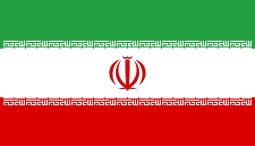 Persian (Farsi)
Persian (Farsi)
 Russian
Russian
 Beauty
Beauty



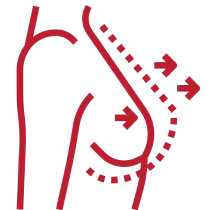

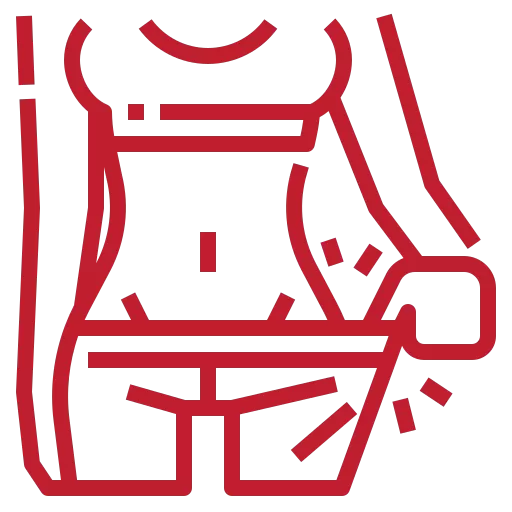
 Medical
Medical





 Hotels
Hotels
 Hospitals
Hospitals







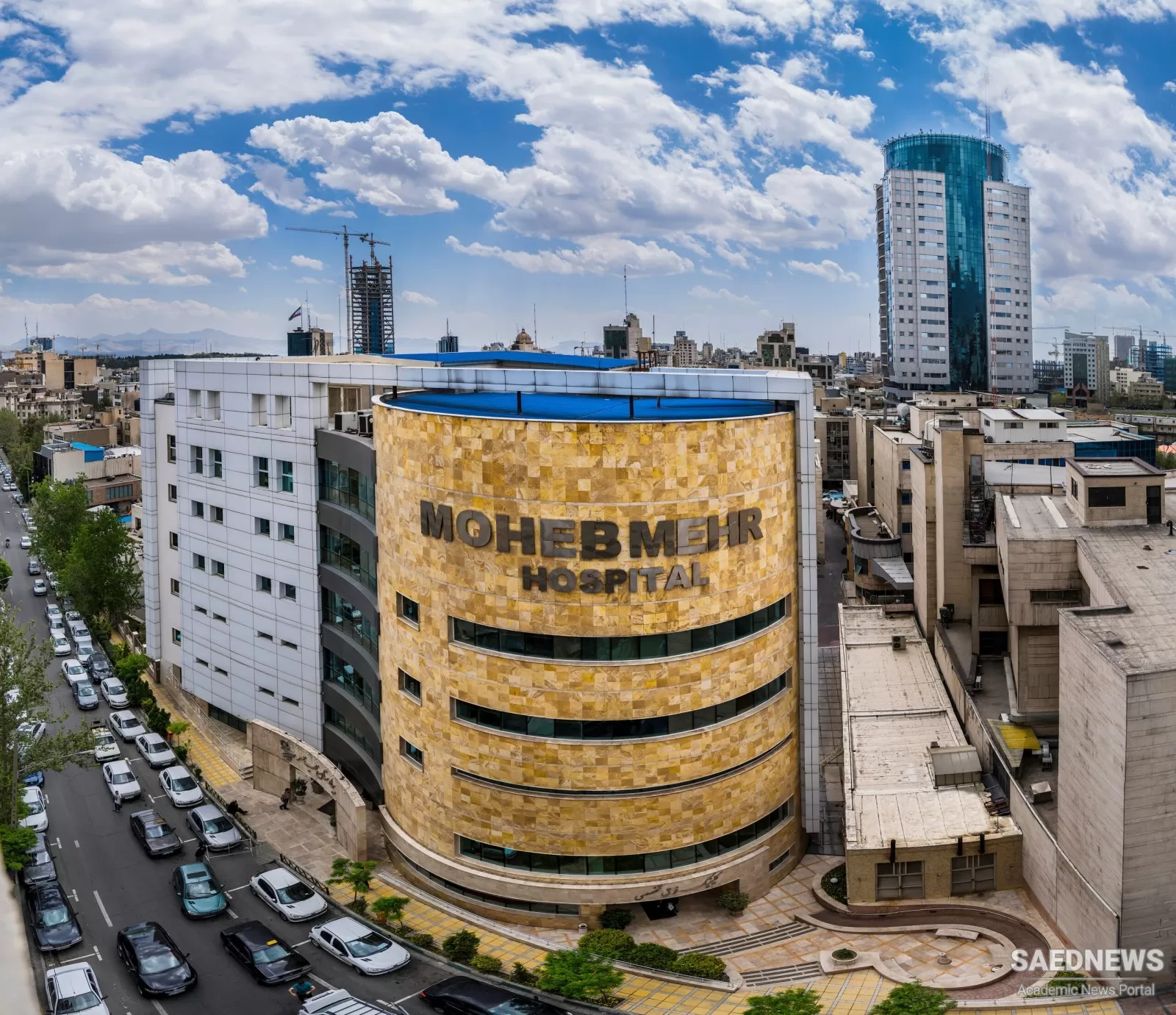
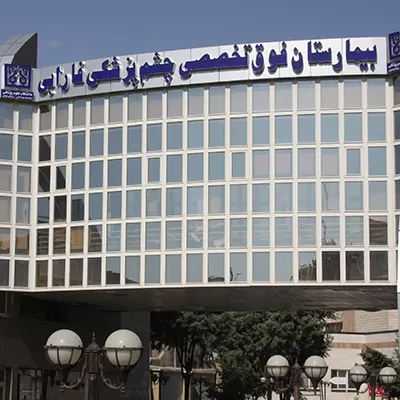
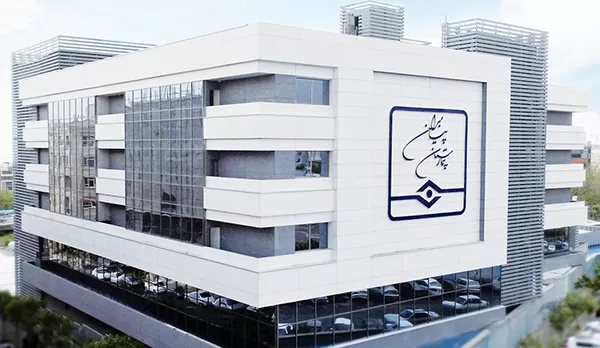
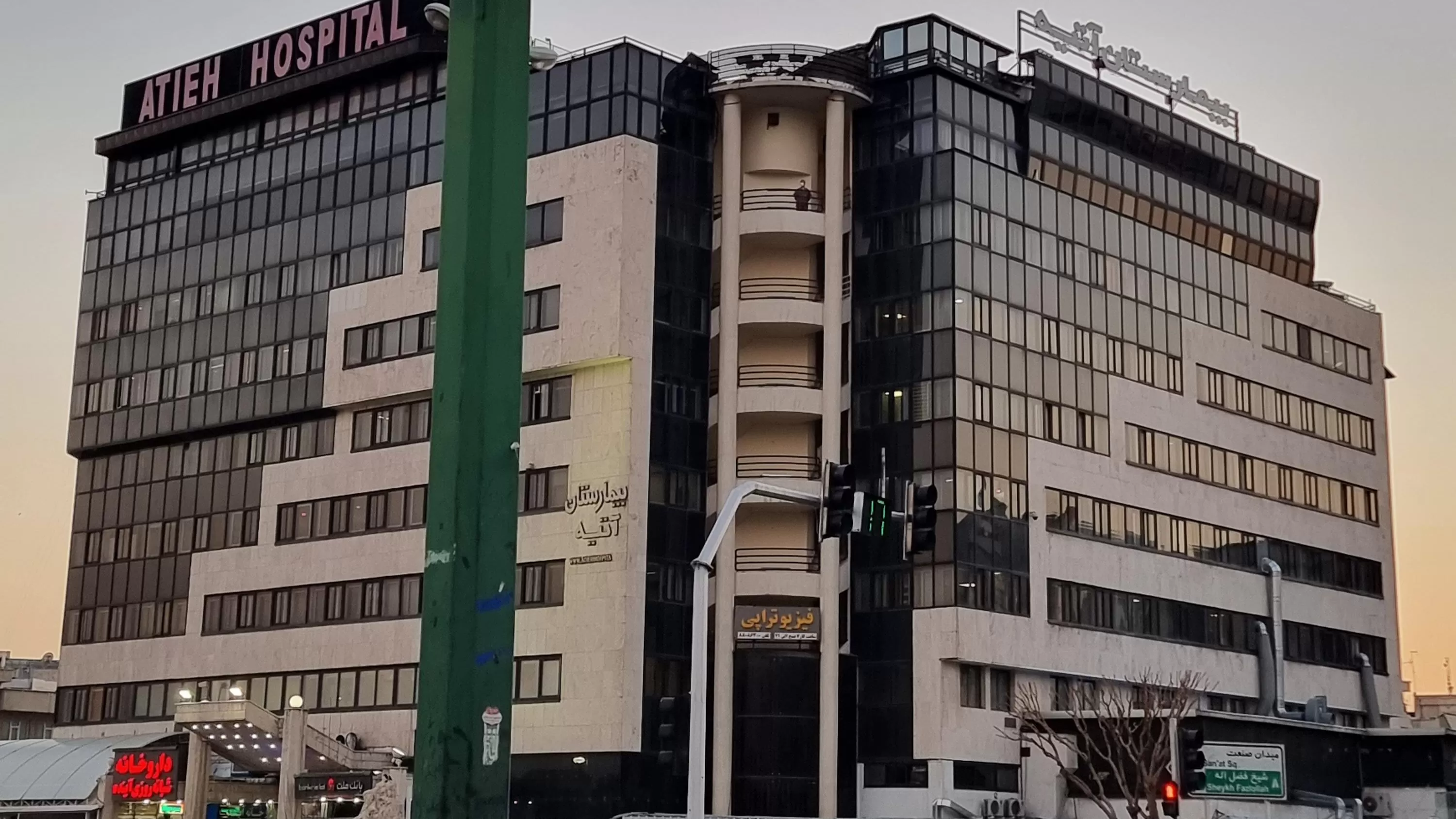
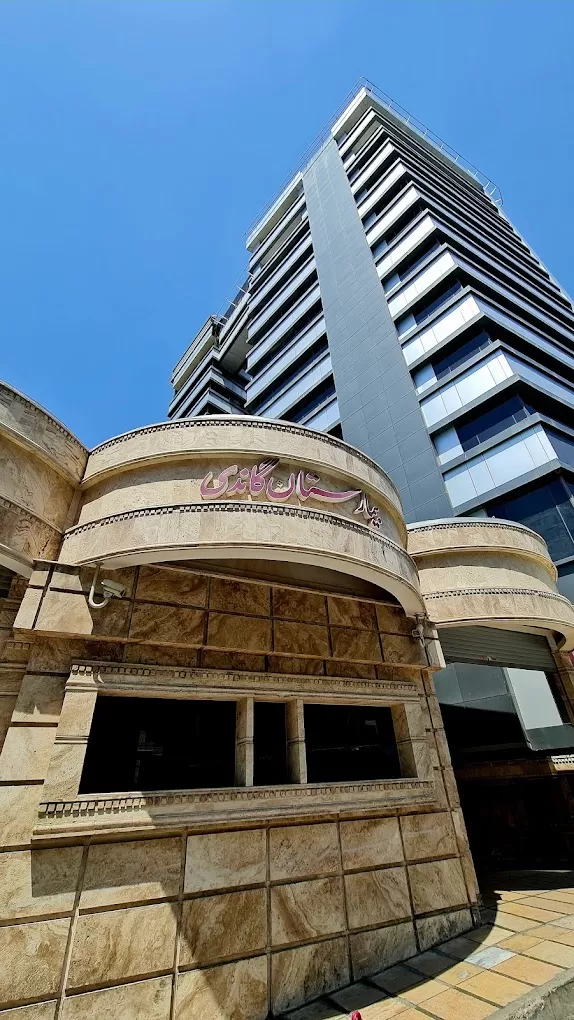
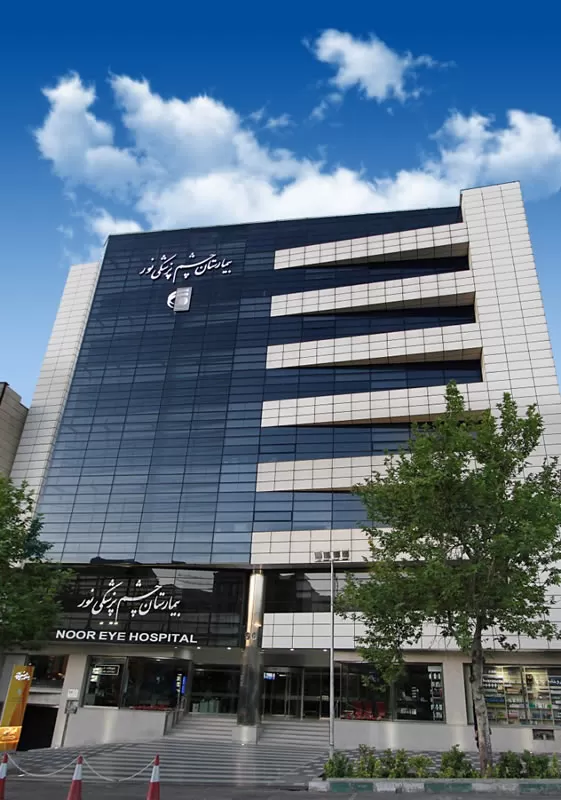
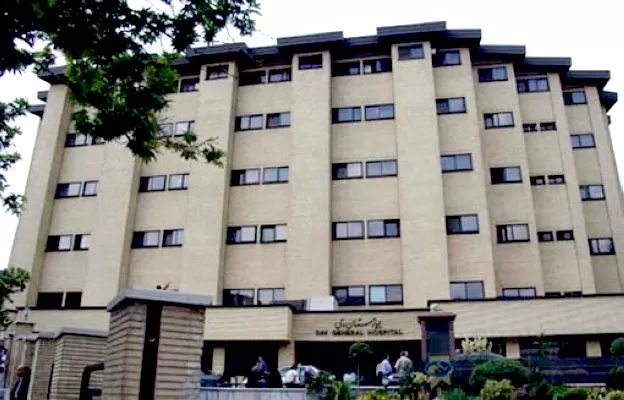
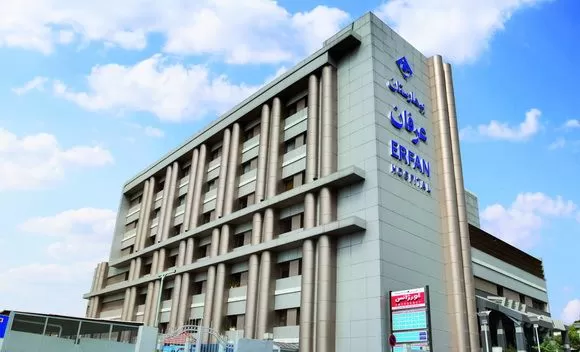
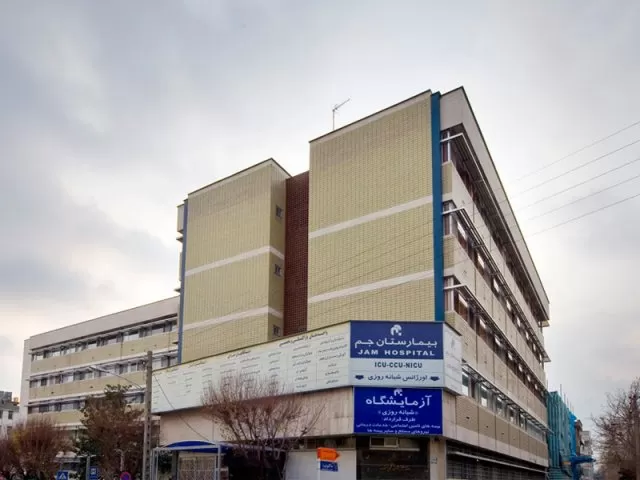
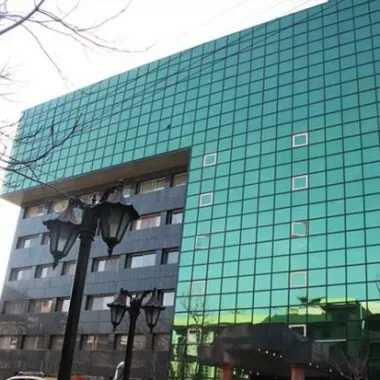
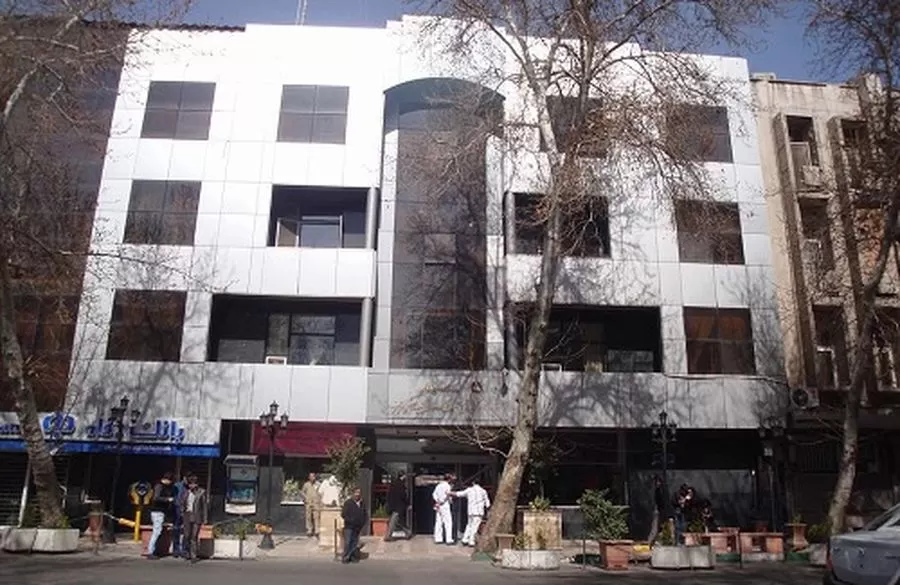
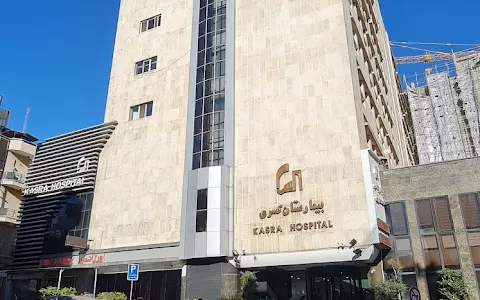
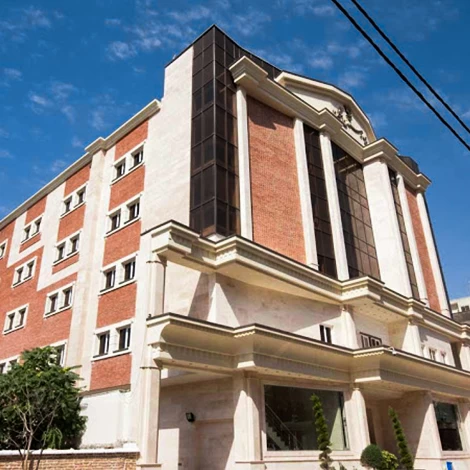
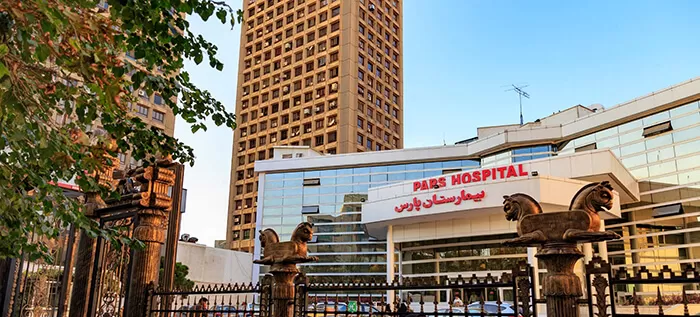
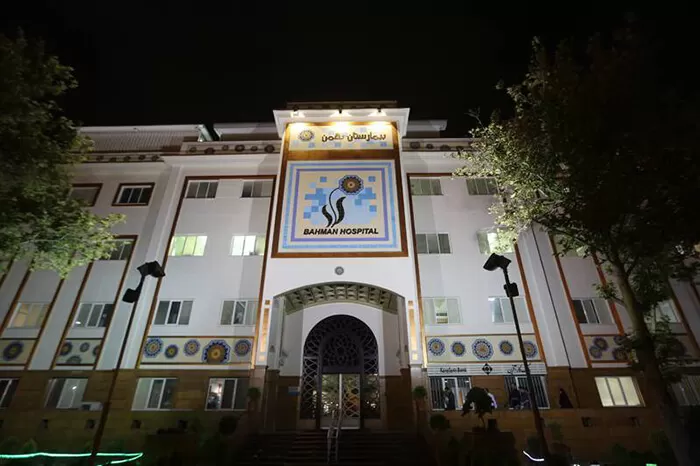
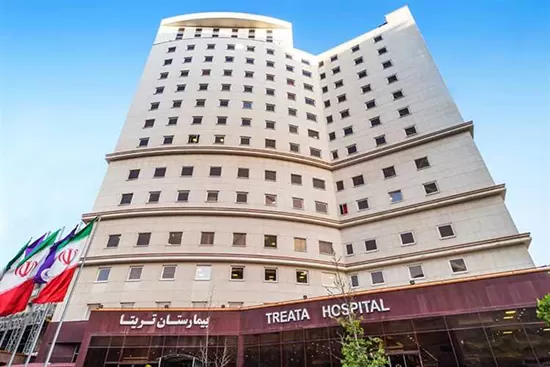
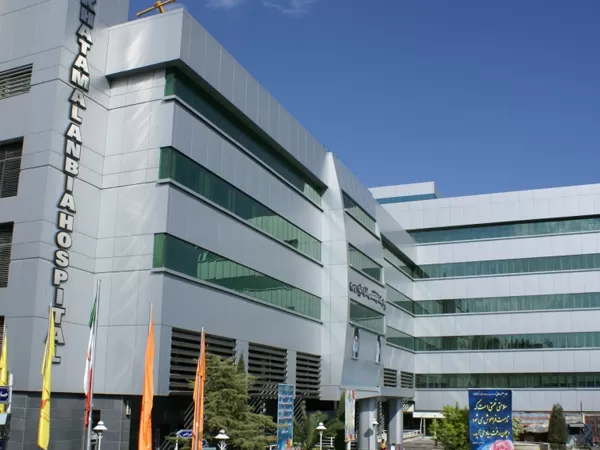
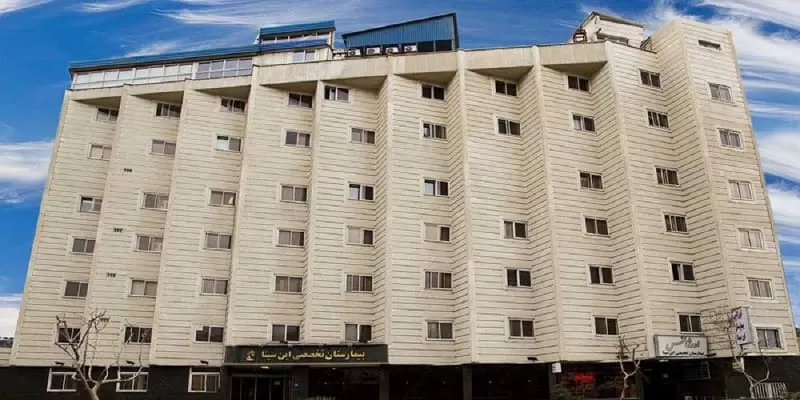
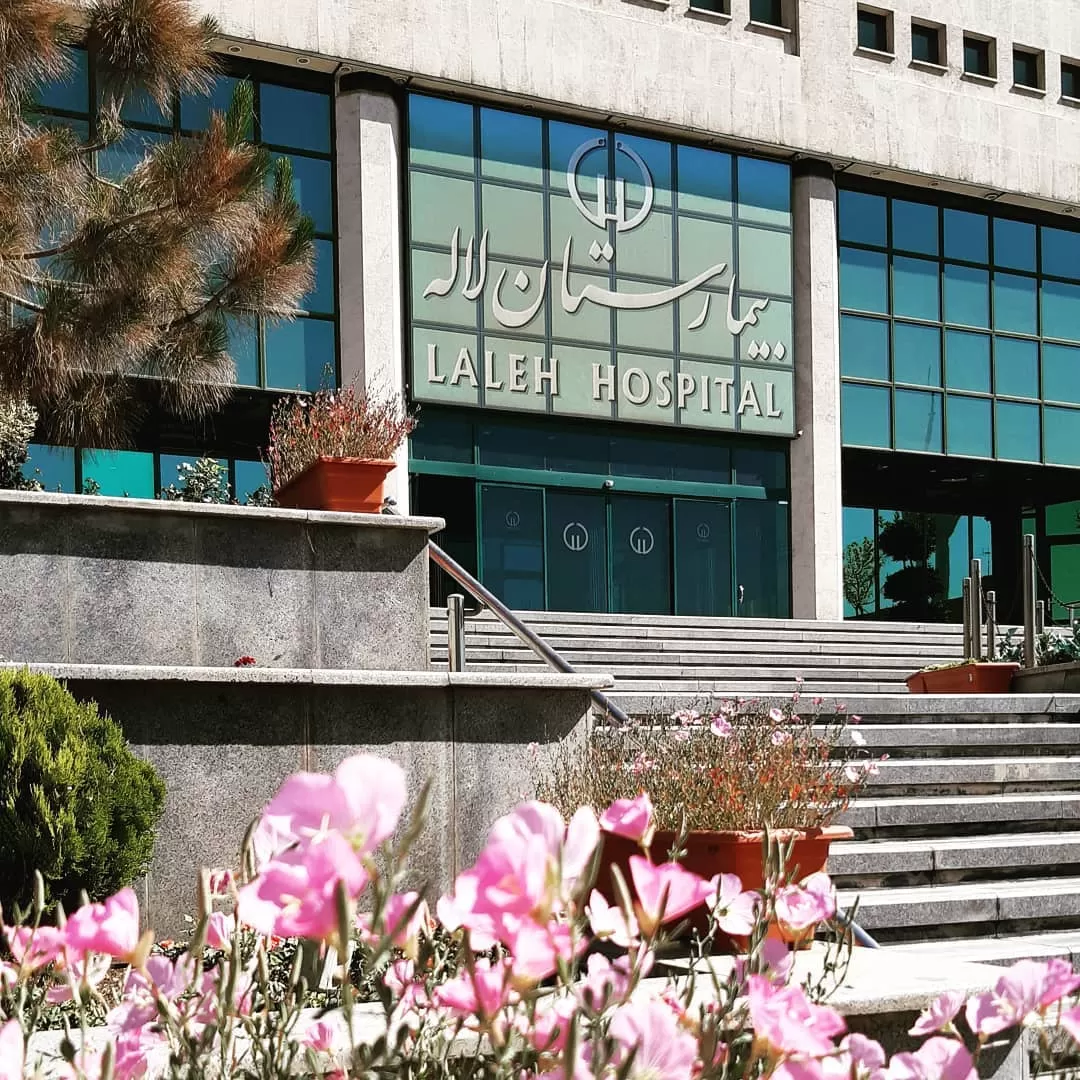
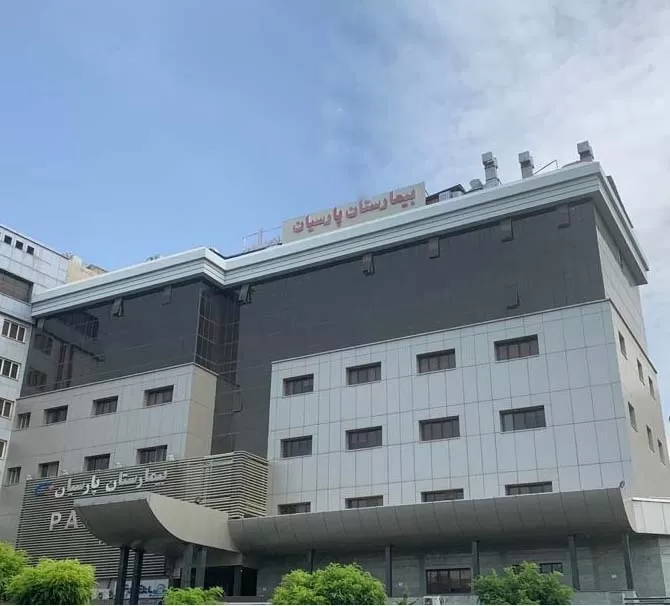
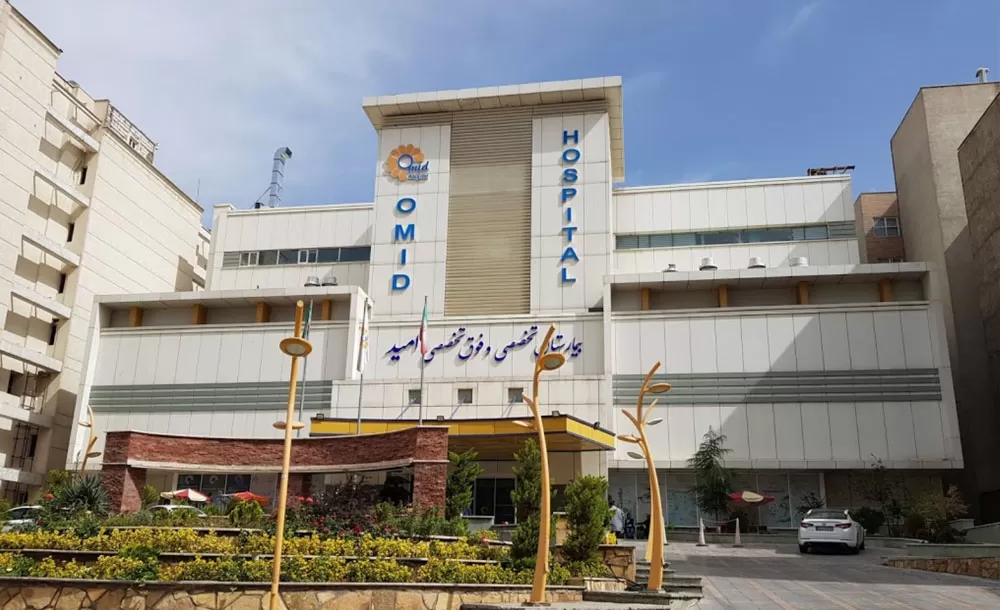
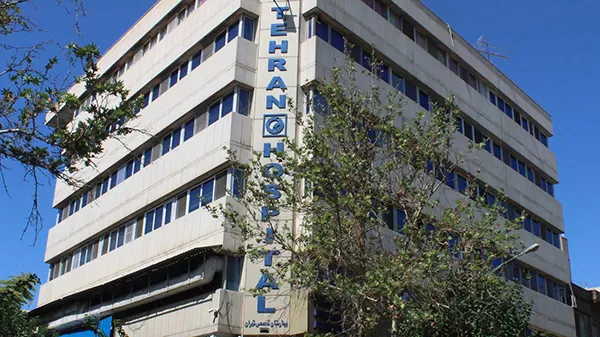
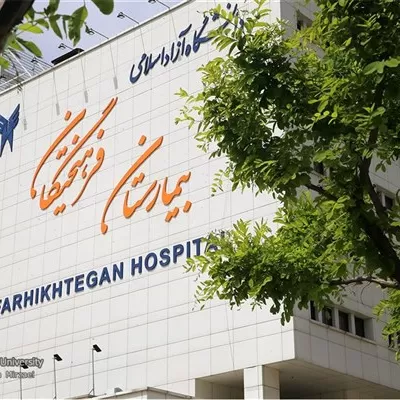
![Frequently asked question about [name]](/v2tem/images/pages/service/faq-image.webp)
